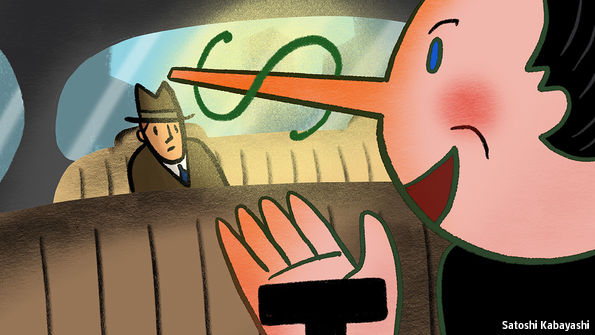
MORAL hazard is a problem that crops up often in economics. People behave differently if they do not face the full costs or risks of their actions: deposit insurance makes customers less careful about picking their bank, for example.
Moral hazard can also be second-hand. Take medicine. A patient with private insurance may be happy to sit through extra tests, and a doctor may be happy to order them. Doctors might be more reluctant to order tests if they know that the patient would bear the full cost.
A newly published paper* sets out to test this secondary problem by examining a common-enough situation—taking a taxi ride in a strange city. The authors, a trio of academics at the University of Innsbruck, sent researchers on 400 taxi rides, covering 11 different routes, in Athens, Greece. In all cases, the researchers indicated they were not familiar with the city. But in half the cases, the researchers indicated that their employers would be reimbursing them for the journey. The researchers in the latter group were 17% more likely to be overcharged for their trip and paid a fare that was, on average, 7% higher.
The most common…





